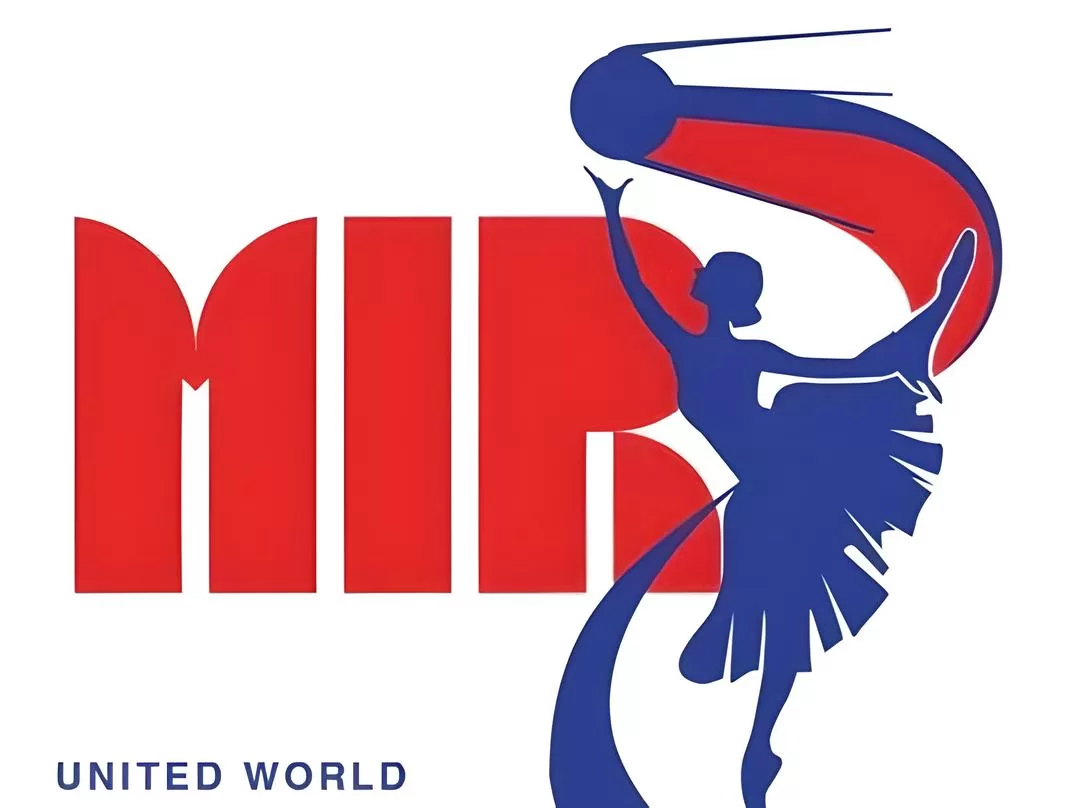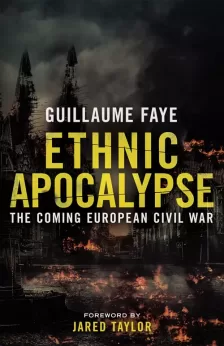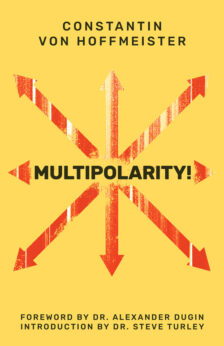We live in an era of significant transition. The era of the unipolar world is coming to an end, giving way to an age of multipolarity. Changes in the global architecture of the world order are fundamental. Sometimes, processes unfold so swiftly that public thought lags behind. It is all the more important to focus on comprehending the monumental events shaking humanity.
No one — except fanatics — can deny the fact that the West, having received a unique chance for sole global leadership after the collapse of the socialist system and the USSR, has failed in this mission. Instead of a wise, just, and balanced global policy, the West has turned into a hegemony, engaging in neo-colonialism, acting in its predatory selfish interests, using double standards, igniting bloody wars and conflicts, and pitting peoples and religions against each other. This is not leadership — it is aggressive imperialism, continuing the worst traditions of the same West — the principle of divide and rule, colonisation, essentially turning into slavery.
The collapse of the collective West’s leadership is accompanied and intensified by the rapid moral decline of Western culture. Values aggressively and stubbornly promoted by the West — LGBT, uncontrolled migration, legalisation of all forms of perversion, cancel culture, cruel purges and repression against all dissenters, the loss of humanistic principles, and readiness to move to the dominance of artificial intelligence and transhumanism — have further diminished the prestige of the West in the eyes of the global community. The West is no longer a universal model, supreme authority, or example to follow.
Thus, in opposition to unipolar hegemony, a new — multipolar — world is being born. This is the response of great ancient and unique civilisations, sovereign states, and peoples to the challenge of globalism.
It can already be said that global humanity is actively building independent civilisational poles. These are primarily Russia, awakening from its slumber; China, making a rapid leap forward; the spiritually mobilised Islamic world; and India, gigantic in demography and economic potential. Africa and Latin America are on their way, steadily moving towards integration and sovereignty of their vast spaces.
Representatives of all these civilisations are united today in BRICS. It is here that the parameters of the new multipolar world are being formed, and its principles, traditional values, rules, and norms are developed. Based on genuine justice, respect for others’ positions, adherence to truly democratic positions, and without any pole attempting to claim hegemony. BRICS is an anti-hegemonic alliance, where the main resources of humanity are concentrated today — human, economic, natural, intellectual, scientific, and technological.
The unipolar world is the past. The multipolar world is the future.
If the West renounces its violent hegemony and neo-colonialist policy, recognises the sovereignty and subjectivity of each human civilisation, refusing to forcibly impose its rules, norms, and values, clearly rejected by the majority of humanity today, it too could become a respected and sovereign pole — recognised by all others and existing in the context of a friendly and equitable dialogue of civilisations.
This is the goal of building a multipolar world — to establish a harmonious model of friendly and balanced coexistence of all Earth’s civilisations, without constructing hierarchies or recognising the hegemony of any of them.
Most civilisations — Russian, Chinese, Indian, Islamic, African, and Latin American — today unanimously turn to traditional values, to the sacred, to the spiritual content of their cultures and societies. Progress without reliance on deep identity is impossible; it will lead to the degeneration and degradation of man himself. Although traditional values differ among peoples, there is always something in common — sanctity, faith, family, state, patriotism, the will to do good and truth, and respect for man and his freedom and dignity.
The multipolar world is built on traditional values recognised and protected in every civilisation.
The main idea of multipolarity is peace and harmony. However, it is clear that any change to the world order — especially one so significant — invariably encounters fierce resistance from the old structure. The declining wave of the unipolar world impedes the rising wave of the multipolar one. This explains most of today’s conflicts — in Ukraine, Palestine, and more broadly in the Middle East, the escalation of tensions in the Pacific around China, trade wars, sanction policies, and the bitterness and hatred from the falling hegemon towards all those who challenge it.
But unipolar globalism doesn’t stand a single chance of victory and maintaining its completely discredited “leadership,” if supporters of multipolarity — and this is the global community (including in the West itself, where the percentage of sober-minded people with independent consciousness, not susceptible to propaganda, is still quite significant) — stick together, clearly understand the contours of the new world, and support each other in the common struggle for a just and genuinely democratic order.
This is now the main thing: to comprehend the contours of the new multipolar, polycentric world order, to lay down principles of friendship, respect, and trust between civilisations, to unanimously fight for peace and harmony, to strengthen our traditional values and respect the traditional values of others.
If we collectively counter the global forces that fuel wars, bloody conflicts, and support color revolutions and the erosion of societal morals with a universal desire for peace, we will achieve victory without firing a single shot. Despite its significant potential, the collective West will not be able to withstand the united will of humanity on its own.
In 2024, Russia assumes the presidency of BRICS, a move of significant symbolism. There is a substantial agenda ahead — incorporating new members, developing and launching new economic mechanisms, ensuring financial institutions (notably the BRICS Bank) function effectively, promoting security enhancements and conflict resolution, and fostering more vibrant cultural exchanges between civilisations. Yet, our paramount task transcends mere comprehension; we must forge, craft, and root a multipolarity philosophy. This entails cultivating independent thought and undertaking a deep decolonisation of consciousness, culture, science, and education. The West, during its colonial reign, managed to instil a false belief in many non-Western societies that intellectual, scientific, technological, economic, and political advancements are exclusive to the West, relegating others to a dependent ‘catch-up’ development. It is time to dismantle this subservient mindset. We, as representatives of diverse, ancient cultures and traditions, are in no way inferior to the West, often surpassing it in various aspects.
These insights emerge from our Multipolarity Forum. Despite our differences, we unite on a fundamental truth: we are stepping into a new era shaped by our collective will, independent of external influences.
Together, we are set to craft the future!








